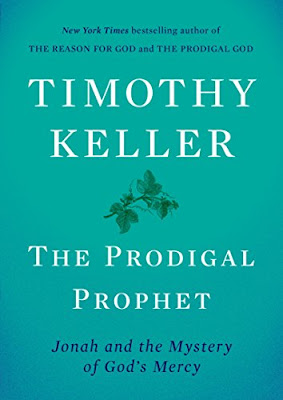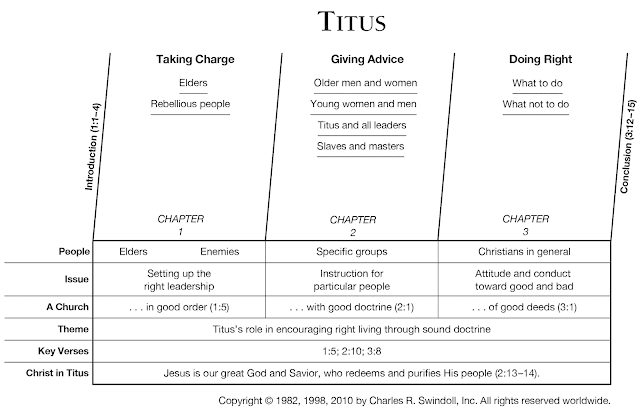Jonah, Chapter 2, Providence & Prayer

“Your laws endure to this day for all things serve you.” -Psalm 119:91 Lately I've been memorizing the first questions of the Westminster Catechism. I'm not sure if it's a counter-reaction to leaving our local church, to the pandemic, or a vestige of my Catholic upbringing, but the discipline and precision of the wording is good--calibrating my mind and heart to bigger truths. The catechism speaks of the providence of God, an alternatingly comforting and unsettling concept that is addressed in Questions 8, 11, and 12. Question 11: What are God's works of providence? Answer: God's works of providence are his most holy, wise, and powerful preserving and governing all His creatures and all their actions. Alistair Begg cites God's providence as one of the overarching truths in Jonah : "Now, we ought not to miss, just in passing, that whether it is a gigantic fish or whether it is a small worm, what we’re discovering here is that God is at work directing every







